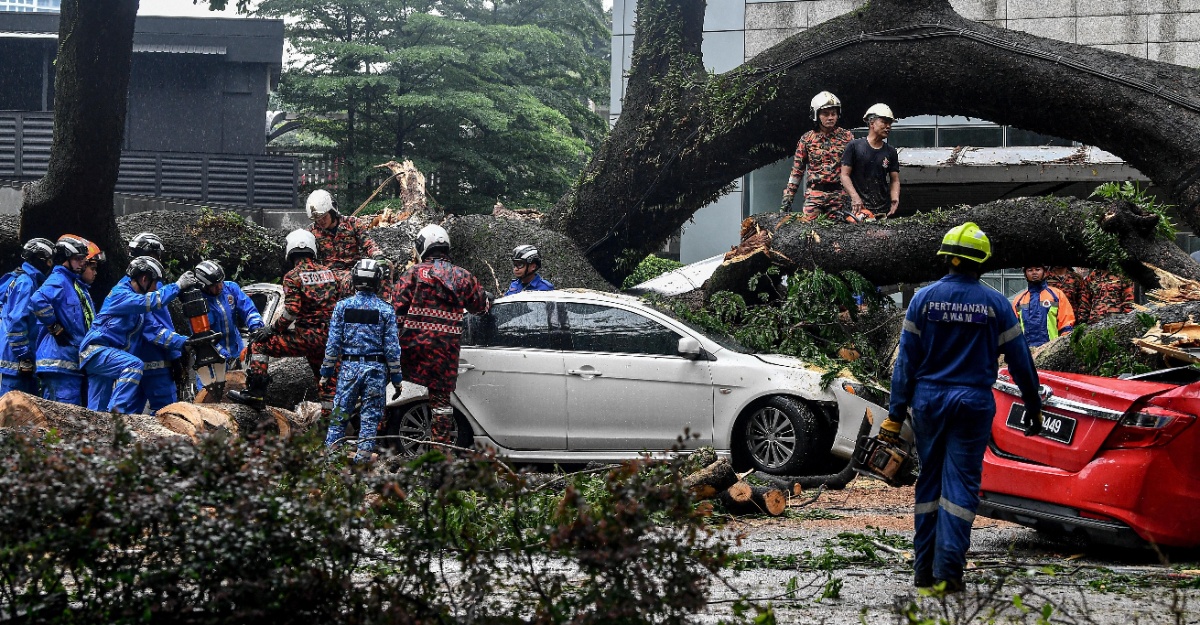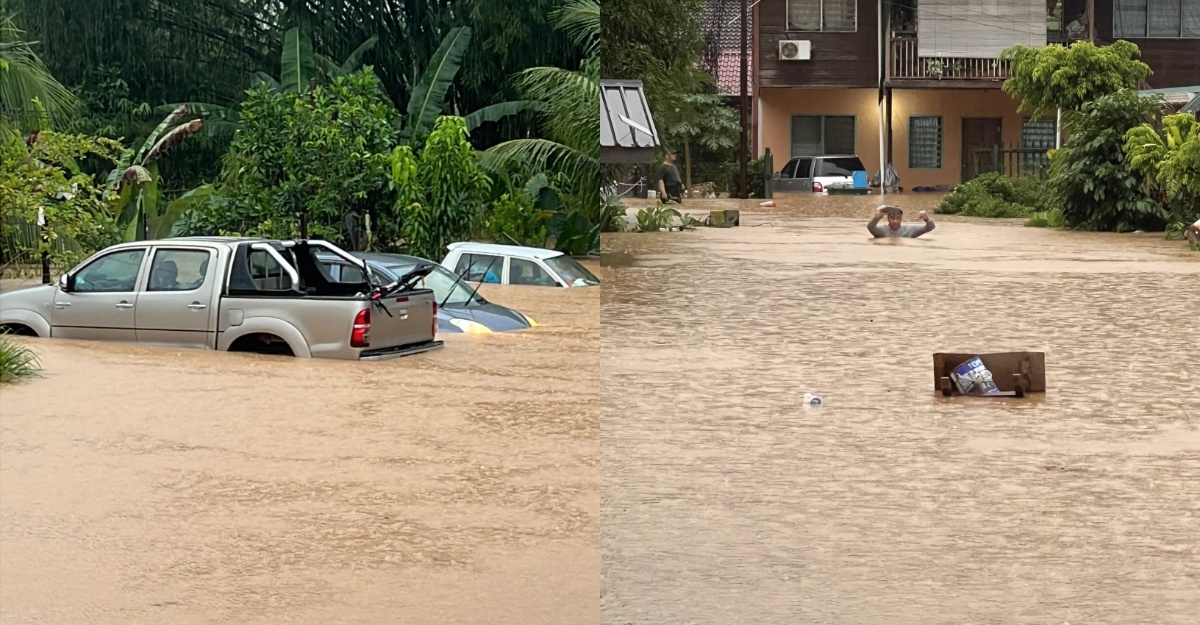Iskandar Malaysia, Petaling Jaya and Penang Island have been selected as three of the 60 national finalists who were shortlisted by an international jury out of 350+ participating cities from nearly 50 countries in the World Wide Fund for Nature’s (WWF) One Planet City Challenge (OPCC). This global competition recognises cities for their effort in combating climate change and also targets to showcase the cities’ work in solving the crisis. The OPCC is a competition that runs once every two years that aims to recognise and reward cities that develop innovative solutions for energy, water, waste management, and more to power the global transition to a low-carbon, sustainable energy and climate-resilient future.
Since the inception of the OPCC initiative in 2011, WWF has engaged over 900 cities across five continents. The global challenge calls upon countries to report ambitious and innovative climate actions, and be counted in the global combat against climate change. With the coming into force of the 2015 Paris Agreement to endeavour to limit temperature rise to 1.5 degrees above pre-industrial levels, cities are invited to report on ambitious and innovative climate actions and demonstrate how they are contributing to this target.
Lavanya Rama Iyer, Director of Policy and Climate Change of WWF-Malaysia said, “WWF-Malaysia applauds cities for their commitment to sustainability, highlighting initiatives like free public transport, green building incentives, and green mobility infrastructure. These are just some key steps our Malaysian cities have made towards sustainable development.”
Each of Malaysia’s finalists has a unique approach to sustainability: Iskandar Malaysia has earned recognition as an A-List city for four years, showcasing its leadership in environmental education initiatives, Petaling Jaya prioritises expanding its public transportation networks, green buildings and circularity in waste management, while Penang Island will be one of the beneficiaries of the Penang Nature-Based Climate Adaptation Programme (PNBCAP) to implement a comprehensive strategy addressing both environmental and social aspects of climate change within the city’s urban landscape.
Since its launch in Malaysia in 2014, 12 Malaysian cities and urban centres have taken part. WWF-Malaysia hopes to see more progressive Malaysian cities join the challenge in the coming years. The most important advantage of a sustainable city is its commitment to balanced, long-term development that meets the needs of the present without compromising the needs of future generations. Among others, a sustainable city strives to build natural open spaces, reduce waste, and value nature and biodiversity.
80% of the population of Malaysia is expected to live in cities by 2030. Therefore, it becomes crucial for our country to innovate and improvise by capitalising on low-carbon technologies and climate-resilient approaches. Promoting sustainable consumption and production is key to enhancing residents’ quality of life without causing further stress to our planet’s ecological capacity.
To learn more about the initiatives taken by these three shortlisted cities, please visit www.panda.org/opcc. Be prepared to vote for your favourite city in OPCC’s “We Love Cities” campaign from September to October 2024. The people’s favourite sustainable city choice will be announced later in the year.






